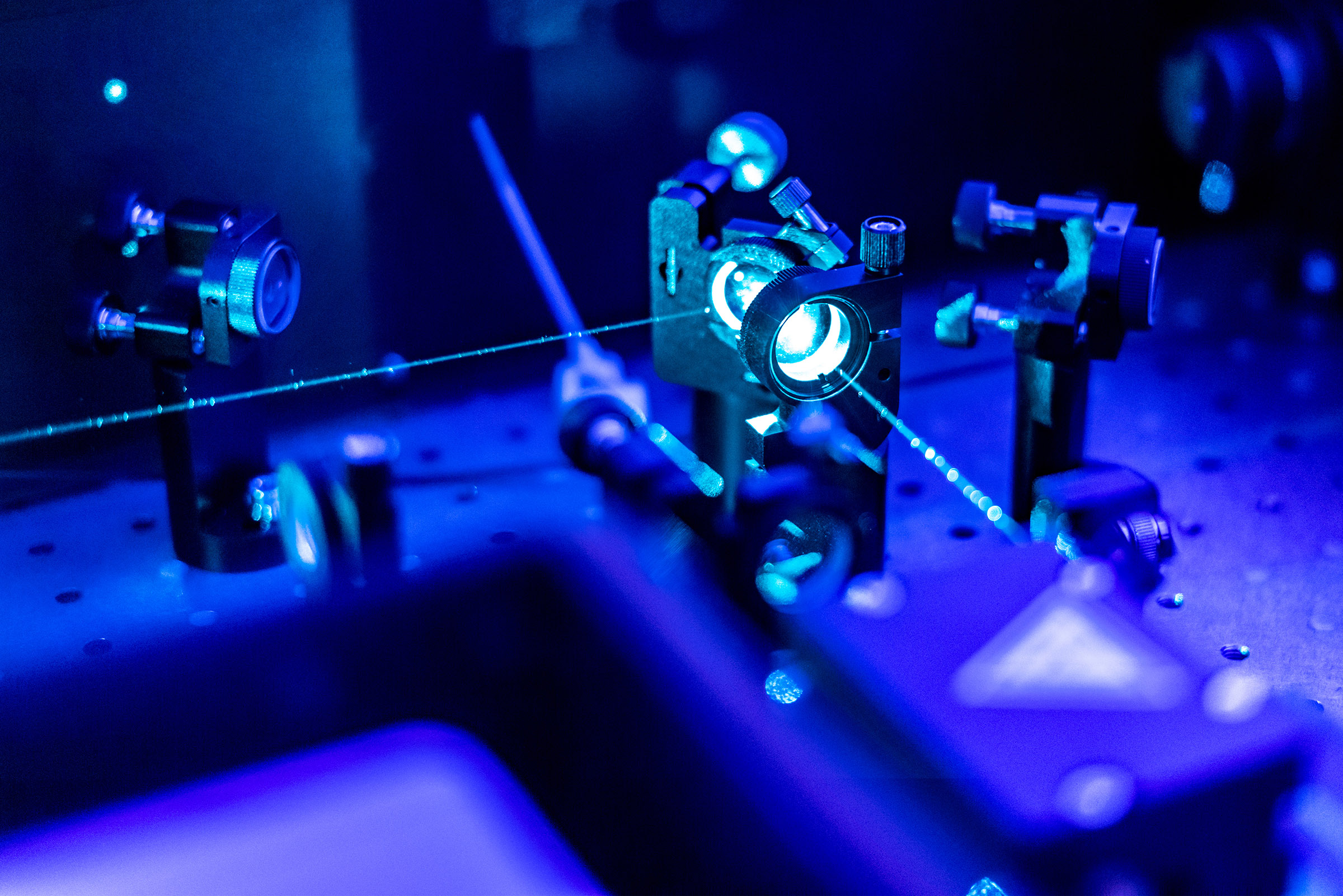In 1999, a Danish physicist named Lene Hau did the unthinkable. She slowed the speed of light. It was a remarkable move that completely changed our idea of universal constants. Since then, Hau has repeatedly proven that we can manipulate the speed of light, even going so far as to stop it, move it around, and more. But how exactly was she able to pull this off? The answer is simple: science.
How a Danish physicist slowed the speed of light

Our understanding of the universe and its constants has changed quite a bit over the decades. However, the speed of light is still considered one of the most constant things within our field of knowledge. That’s because the speed of light is the fastest anything can go in our universe, and in a vacuum like space, it travels at roughly 186,282 miles per second.
Light usually stays at that speed, too. It doesn’t randomly speed up or slow down. However, as Hau showed in 1999, we can manipulate the speed of light, and even stop it in its tracks, with the right scientific experiments.
Slowing the speed of light is no easy process, though. In fact, it requires a very complex set up which includes cooling down atoms to extremely low temperatures close to absolute zero. This basically makes the atoms become a “super-atom.” And that subsequence super atom is very good at slowing the speed of light.

This is not necessarily news, though, as Hau has been working on these experiments since 1999. And Hau says that slowing the speed of light and manipulating it could open new doors for physics. Some even believe that slowed light could be used to power futuristic supercomputers. This would allow them to process information faster than traditional computer hardware.
Further, manipulating light in systems could also allow us to upgrade wireless communication speed or even unlock new options we can use to travel worldwide. Of course, the other possibilities are that slowing the speed of light and manipulating it in other ways can help answer more questions about our universe and nature.








